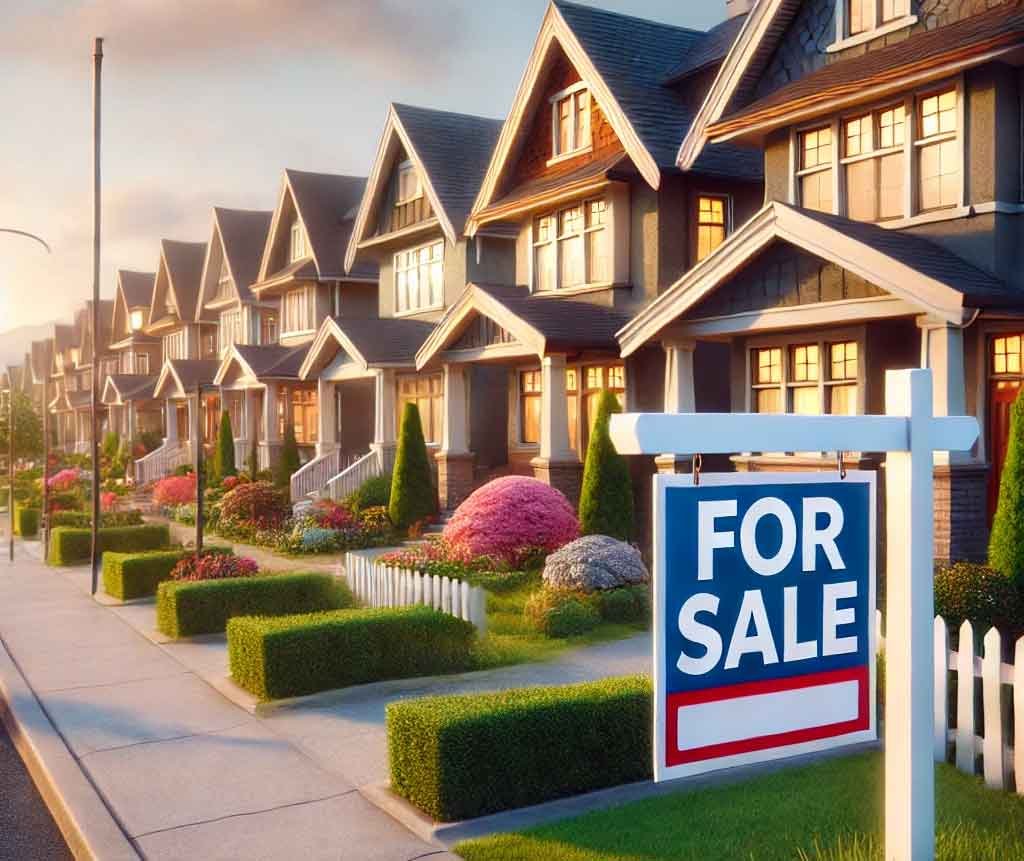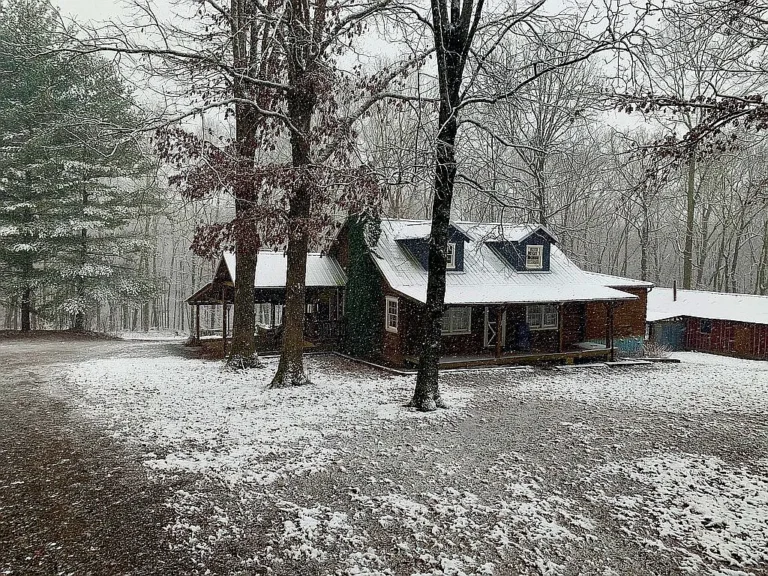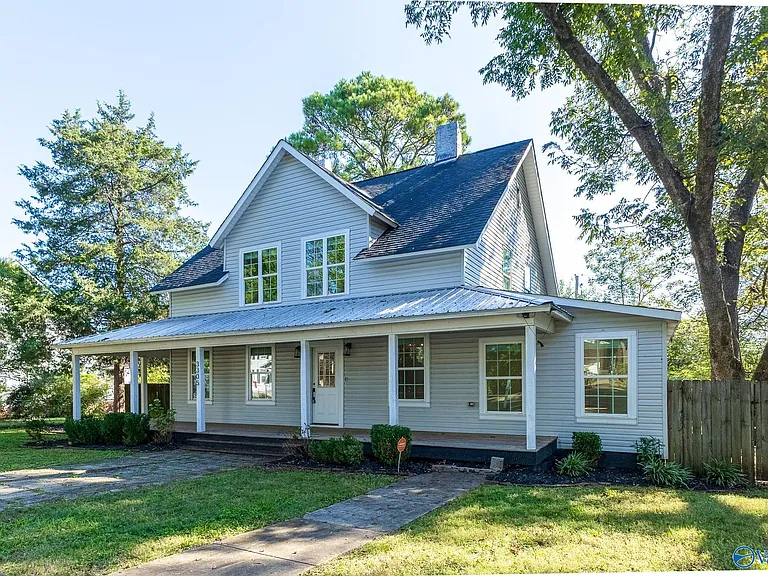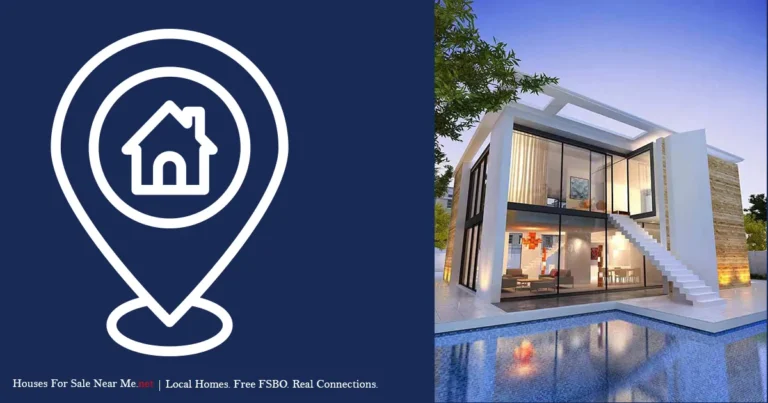FAQ’s Rent vs Buy Calculator | Find Your Homeownership Break-Even Point
Compare renting vs buying with our free break-even calculator. See when owning a home saves money and explore expert answers to top real-estate questions.
Calculator – Find Out When Buying Becomes Better Than Renting
Are you wondering whether it’s smarter to rent or buy a home right now? Our Rent vs Buy Break-Even Calculator helps you make an informed financial decision by comparing the total cost of renting with the cost of owning a home over time.
Simply enter your home price, mortgage rate, down payment, rent amount, and a few other details — and the calculator instantly shows when buying becomes more cost-effective than renting.
What This Calculator Does
This tool estimates your break-even point, or the number of years after which buying a home becomes cheaper than renting. It considers:
- Home Price and Down Payment — to estimate your mortgage size and upfront investment.
- Mortgage Rate, Property Taxes, and Maintenance Costs — ongoing ownership expenses that affect your total cost.
- Home Appreciation — potential increase in your property’s value over time.
- Monthly Rent and Rent Growth — how your rental payments may increase each year.
- Years to Compare — how long you plan to live in or hold the property.
By analyzing these variables, the calculator shows whether homeownership builds equity faster than the rising cost of rent.
Why Use a Rent vs Buy Calculator?
Making the leap from renter to homeowner is one of life’s biggest financial decisions. This calculator helps you:
- Understand your long-term costs for both renting and buying.
- Visualize potential savings from building home equity.
- Account for inflation and appreciation to see the real value of your investment.
- Test different scenarios — change interest rates, down payments, or rent growth to see how each factor affects your break-even point.
Whether you’re a first-time homebuyer, investor, or renter comparing your options, this free tool offers a clear and data-driven picture of which path makes more financial sense.
Example
If you plan to buy a home for $350,000 with a 10% down payment and a 6.5% mortgage rate, versus renting for $2,200 per month, this calculator estimates when your total cost of ownership equals the cost of renting. From that point forward, buying typically becomes the smarter financial move.
Take Control of Your Housing Future
Use the Rent vs Buy Break-Even Calculator before making your next move. Adjust your numbers, explore “what-if” scenarios, and make confident decisions about your financial future.
What does it mean to “break even” when buying a home?
Breaking even means the point in time when the total cost of owning a home (including mortgage, taxes, and maintenance) becomes lower than the total cost of renting a similar property. From that year onward, buying typically becomes the more financially advantageous choice.
How long do I need to stay in a home before buying makes sense?
It usually takes five to ten years for buying to become cheaper than renting, depending on interest rates, down payment, property taxes, maintenance, and local rent growth. The calculator helps you estimate your personal break-even point.
Does renting ever make more sense than buying?
Yes. If you expect to move within a few years, face high property taxes, or live in a market where housing prices are declining, renting can be more flexible and cost-effective in the short term.
How does rent growth affect the break-even point?
If rents rise faster than property values, buying becomes more attractive sooner. The calculator accounts for annual rent growth so you can see how inflation in the rental market changes your long-term outlook.
What factors increase the cost of homeownership?
Major contributors include mortgage interest, property taxes, maintenance and repairs, and insurance. Unexpected costs such as roof replacements or appliance upgrades should also be considered.
How does home appreciation help homeowners?
When your property’s value increases, you build equity — wealth you can access if you sell or refinance. Even modest annual appreciation can make owning far more rewarding over the long run compared to renting.
Is it better to buy a smaller home or keep renting a larger place?
If your priority is long-term financial security, buying a modest home can be better than renting a larger one. However, lifestyle preferences, job stability, and location flexibility should also guide your decision.
How do interest rates affect the rent vs buy decision?
Higher interest rates increase monthly mortgage payments and delay your break-even point. Conversely, lower rates make buying more affordable and can shorten the time it takes for ownership to pay off.
Should I include closing costs in the rent vs buy comparison?
Yes. Buyer closing costs — typically 2 % – 5 % of the purchase price — affect the total upfront expense and can shift your break-even year slightly.
How accurate are rent vs buy calculators?
They provide a reliable estimate, but real-world results depend on local market trends, personal tax situations, and how long you keep the property. Use the calculator as a guide, not a final decision tool.






